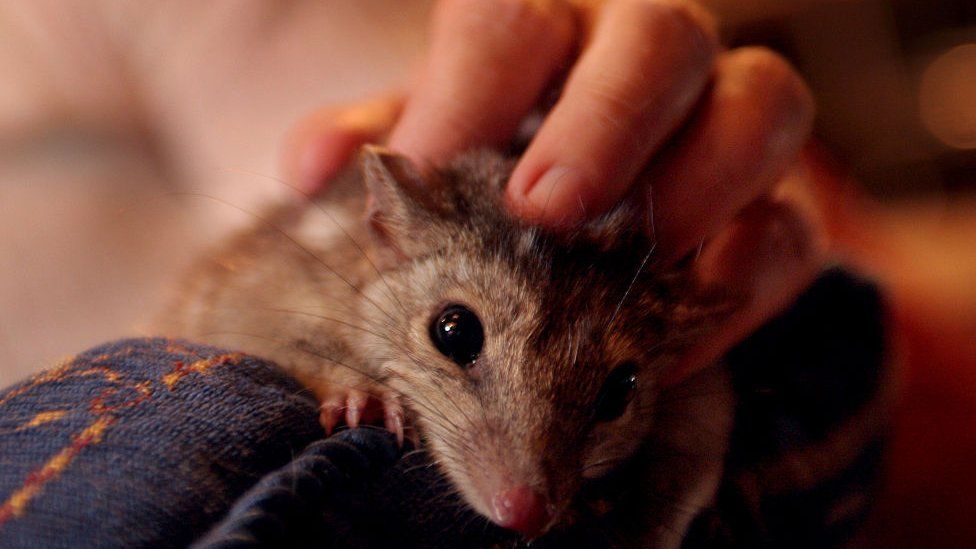According to new Australian research, endangered male northern quolls are skipping sleep in favor of more sex, which may be killing them.
According to the research, males frequently forego sleep as they travel great distances in search of mated partners.
Experts speculate that a lack of sleep may be the cause of the carnivorous marsupial males' tendency to mate themselves to death within a single breeding season.
However, females have a maximum lifespan of four years during which they can reproduce.
Senior lecturer at the University of the Sunshine Coast Christofer Clemente said, "They travel great distances to mate as frequently as possible and it seems that their drive is so strong that they forgo sleeping to spend more time searching for females. The study was co-led by his organization and The University of Queensland. On Wednesday, the research was released.
On Groote Eylandt, an island off the coast of Australia's Northern Territory, researchers fitted backpacks with trackers to monitor wild roaming male and female northern quolls. Over the course of 42 days, they gathered data on these animals.
According to the study, some of the quolls they observed would travel more than 10km (6.2 miles) in a single night, which would be equivalent to close to 40km in human distance.
The species' males also seemed to draw in more parasites. The most likely explanation is that they spend less time grooming so they can take advantage of each breeding season. According to researchers, males are not as vigilant as females in their pursuit of food or avoidance of predators.
"Sleep deprivation, and associated symptoms for a prolonged duration would make recuperation impossible and could explain the causes of death recorded in the males after breeding season," said Joshua Gaschk, the study's lead author. They either succumb to predators easily, are unable to avoid car accidents, or pass away from exhaustion. " .
The preliminary data, Mr. Gaschk continued, indicate the need for additional research on the effects of sleep deprivation on quolls and other families of marsupial mammals found in Australia and Papua New Guinea.
Northern quolls [will] [become] an excellent model species for the effects of sleep deprivation on body function, if male quolls forego sleep to the detriment of their survival," he said.
Approximately 100,000 northern quolls are still alive, but the population is "undergoing rapid decline," according to the Australian Wildlife Conservancy. They are particularly susceptible to being poisoned by cane toads, habitat loss brought on by development, and attacks by stray cats all pose serious threats.








